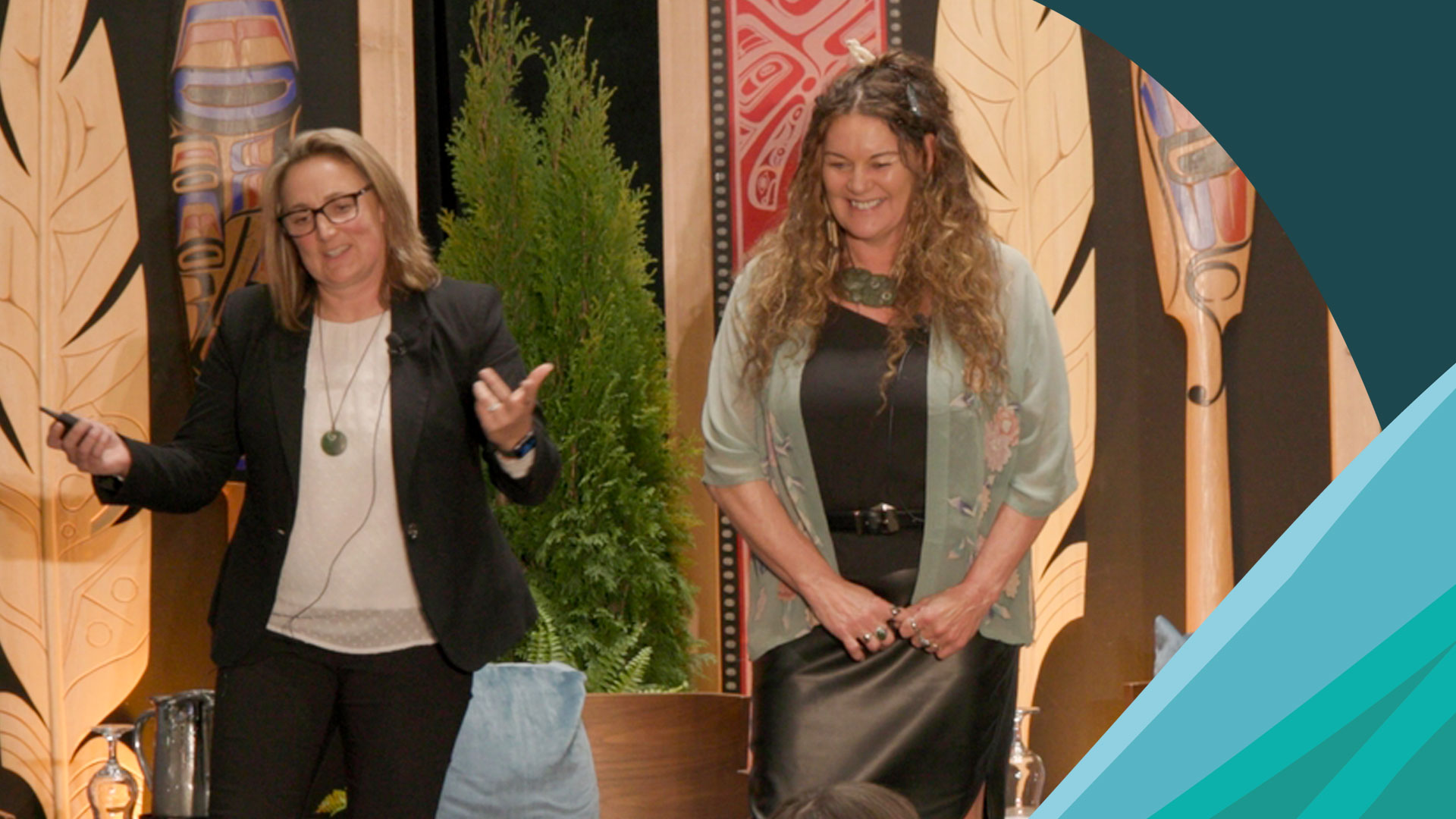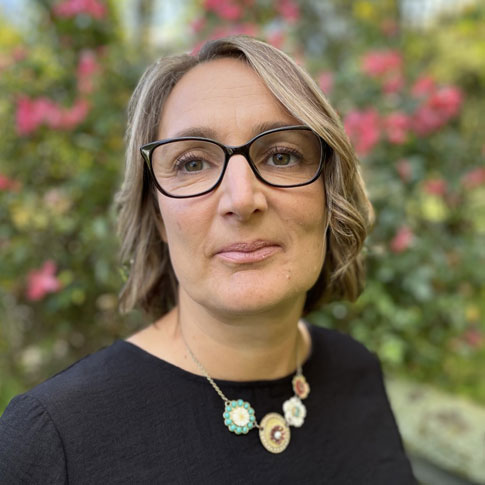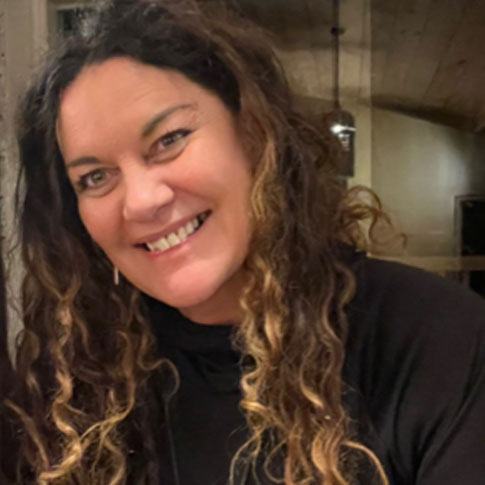Restorative Health Systems: Lessons from New Zealand

Jo Wailling and Stephanie Turner shared the stage in the afternoon of day one of the symposium to discuss the intersection of Western and Māori perspectives in the design of a Restorative Approach.
Highlights:
- The co-design of a Restorative Approach begins with humility, to reflect on how western cultural norms have structured western institutions and acknowledge how a Māori perspective on designing institutions and processes can lead to systemic improvements for all.
- The similarities and differences between a western Restorative Approach and a Māori Hohou te rongo illustrate how different worldviews can at times weave together, while also retaining their unique characteristics, as complimentary yet distinct approaches.
- Jo and Stephanie discussed a Restorative Approach in the context of complex and adaptive systems, describing how ‘just culture’ algorithms often fail to create a climate of safety, and can fail to ask the right questions for understanding the complex and relational nature of harm.

Jo Wailling
Co-Chair
National Collaborative for Restorative Initiatives in Health
NZ
Jo a clinician researcher, qualified human factors professional and accredited mediator. Her career spans 30 years in critical care, patient safety and clinical leadership and she currently advises international government agencies, researchers, and advocacy groups on restorative initiatives, system safety and human centred design. Her notable work includes the design and evaluation of New Zealand’s restorative response to surgical mesh harm in partnership with the Ministry of Health and Mesh Down Under and facilitating the development of a national restorative health system framework. Jo is an active member of the Resilient Healthcare Society and serves as an advisory board member for Harmed Patients Alliance. Her PhD is examining restorative responses to adverse events within the New Zealand health and disability system.

Stephanie Turner
Director, Māori Health Outcomes for Te Tāhū Hauora, NZ Health Quality & Safety Commission
Ko Tainui te waka (Tainui is my canoe)
Ko Tararua te maunga (Tararua is my mountain)
Ko Ngati Raukawa ( Raukawa is my tribe)
Stephanie Turner is the Director of Māori Health Outcomes for Te Tāhū Hauora, the NZ Health Quality & Safety Commission. Stephanie works to improve healthcare and the health system using indigenous knowledge, Māori worldviews and solutions.
Stephanie has worked in executive leadership roles within NZ District Health Boards and specialist services, as a clinician in kaupapa Māori services and as a CEO of a community provider. Stephanie is committed to the advancement of restorative practice as a movement that advances relational care internationally and normalises tikanga (what is right for Māori) in health settings within an Aotearoa (NZ) context.
Steph’s MA research was focussed on Māori worldviews of art as therapy, she is currently working towards her PhD in Indigenous Advancement, her research is centred on Raukawa (tribal) knowledge pertaining to manu ( birds) the whakapapa orokohanga (legacy stories and genealogies) of human connections and experiences with manu (birds), in both the physical world and i te ara wairua (the non-physical realm).
Steph is super excited to be in BC to wānanga (discuss together), the advancement of restorative practice internationally and the enabling of whānau ( family) and consumer voice within health provision for all.

